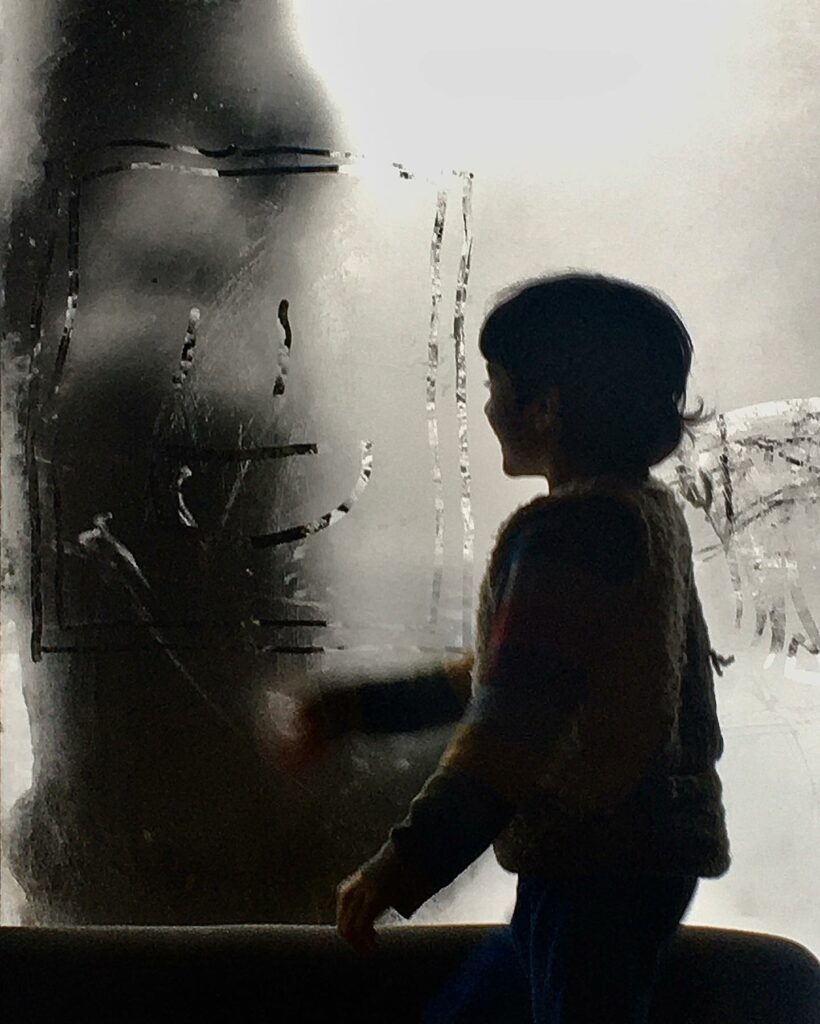The real threats
In the world we live in, waves of pessimism about the future of humanity are growing. On the one hand, climate change is looming, hitting various parts of the planet with increasing severity, while at the same time soils are being depleted and seas are being polluted, leaving fishing without effective controls, which threatens the supply of marine resources.
By Miguel Sobrado
The budgets of major nations, meanwhile, are geared toward concentrating the spheres of power, prioritizing spending on weapons and wars, neglecting the importance of these threats to the future of the species.
Unsubstantiated threats induced by mass media
On the other hand, it is claimed, based on population growth and ageing, that there will be no pensions or social stability for the current generations due to the lack of resources. This is reinforced by the breakdown of the stability previously enjoyed by the middle classes, the displacement of physical and administrative labour by technology and robots. All this is associated with the increase in mental disorders, especially after the pandemic.
However, pollution and climate change are real threats that must and can be confronted with existing resources by an effective United Nations organization that redirects the resources spent on suicidal military power games and dedicates them to defending humanity against the dangers that threaten it. This issue goes beyond the scope of this article, since it implies important changes in the world organization, but it is based on the high existing military budgets.
The other threats regarding the lack of support for the well-being of current generations and a threatening future for pension funds due to population growth and the growing percentage of older people, which is causing fear and despair, are not supported, as we will see later, if we reorganize resources.
It is false that we are heading for an economic disaster
To analyze reality, we must start from concrete data. It is not true that population growth has made us poorer. It is true that the world population went from 2.5 billion inhabitants in 1950 to 8 billion in 2023, but the Gross Domestic Product per capita on the planet went from US$ 1974 in 1950 to US$ 12,900 in 2023. In other words, year after year, despite the overwhelming population growth, wealth per person grew. Of course, this phenomenon has been accompanied by an increase in inequality in income distribution. In general, the Gini index for the world has fluctuated, with a notable increase in inequality since the 1980s.
What is a reality is the neoliberal ideology that strips us of our gregarious character and makes us see ourselves as isolated individuals responsible for our misfortune.
The problem of Latin America
Latin America, for its part, has the highest inequality rate on the planet, where the richest 10% concentrate 55% of the income, even surpassing other regions of the planet such as sub-Saharan Africa, the poorest, where the richest 10% accumulate 37% of the income. In the international lists of economic growth, Latin America, despite its wealth, occupies the last position in the world due to its political organization, which keeps a considerable part of its population in historical exclusion.
The development of science and technology, and more recently Artificial Intelligence, are shaping an accelerated increase in income for those who take advantage of advances, especially in artificial intelligence, with a simultaneous displacement of unskilled and change-reactive labor. This displacement will be especially dangerous in Latin America due to the weakness of the quality and coverage of its educational systems and the growing power of drug trafficking, which thrives on poverty and social exclusion.
As can be seen, there are significant dangers to the stability of the planet and our region, which require a vision and public policies for social inclusion. Resources exist, but they require recovering our gregarious character, to exercise action on the political and social system by creating a reordering of income and public policies, especially in the field of education and training, that contribute to reducing social exclusion. At the same time, incorporating ancestral knowledge that can contribute to the preservation of the environment and incorporating the excluded, duly organized with real autonomy, without clientelist manipulations, to the creation of a new culture of hope.










